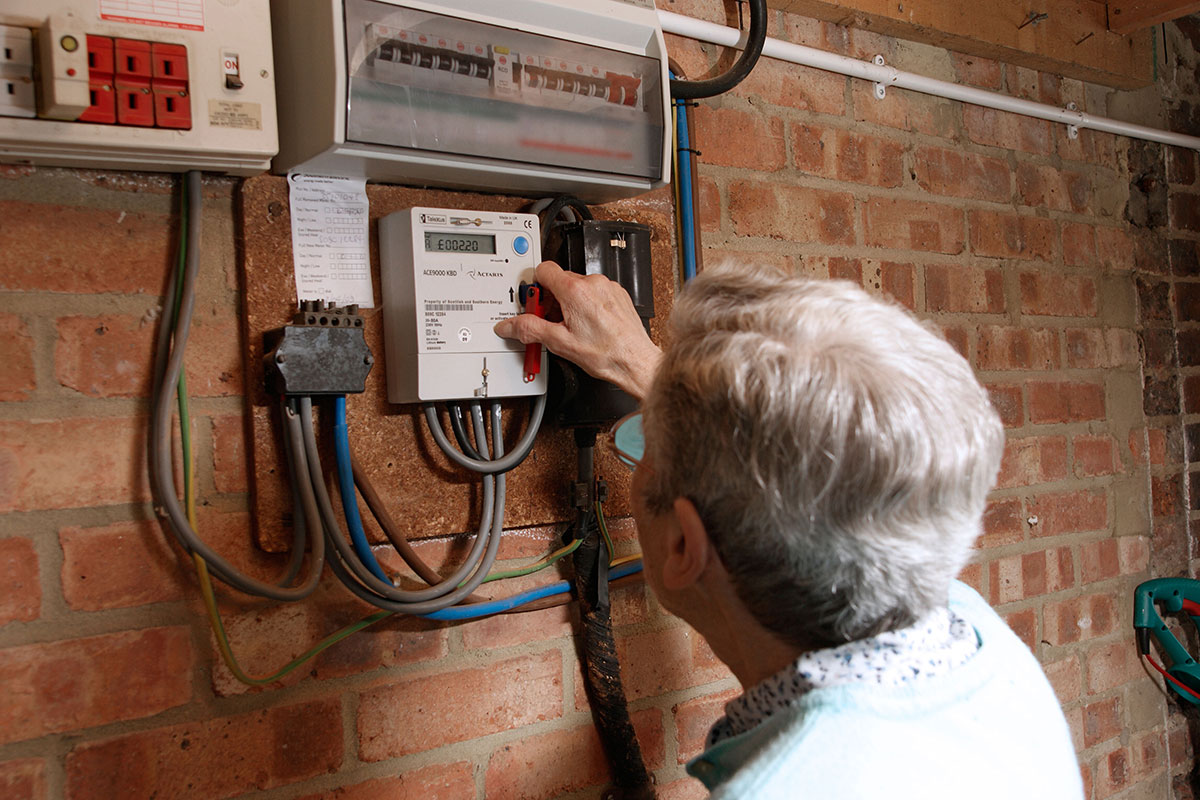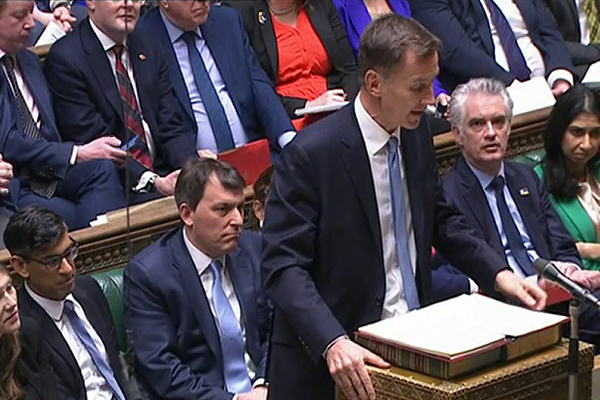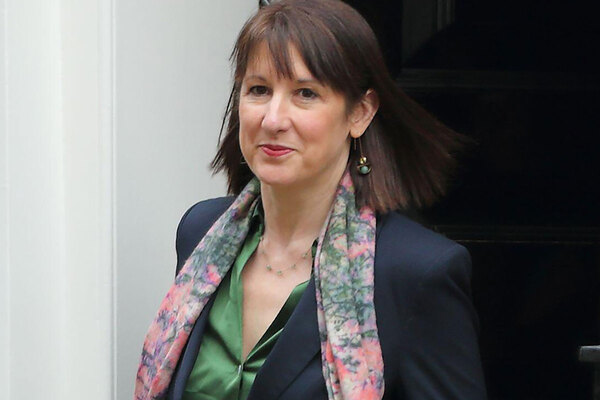You are viewing 1 of your 1 free articles
Government to bring prepayment meter costs in line with direct debit
The government will bring energy costs for prepayment meter customers in line with comparable direct debit charges, the chancellor has announced.
Prepayment meter customers are often poorer, with social housing tenants more than twice as likely as private tenants to have prepayment meters, and 10 times more likely than owner-occupiers.
But because energy companies charge an additional fee for the costs of managing the meters, they can make energy considerably more expensive.
Today, Jeremy Hunt said the government would act to ensure costs were brought in line with direct debits, on top of a temporary suspension on their forced installation.
He said the policy would benefit “over four million households on prepayment meters”.
“They’re often the poorest households, but they currently pay more than comparable customers on direct debit off. Ofgem has already agreed with suppliers for a temporary suspension to forced installations and prepayment meters,” Mr Hunt said.
“But today I go further and confirm we will bring their charges in line with comparable direct debit to charges. Under a Conservative government the energy premium paid by our poorest households is coming to an end.”
Mr Hunt did not set a date for the introduction of the change, although pre-budget reports put it at April 2024.
It came during a quiet budget for the housing sector, with no new funding announced in his speech for decarbonisation or improving social homes – despite lobbying from the sector before the speech.
Spring Budget 2023: housing headlines at a glance
- A discount of 0.4% on Public Works Loan Board borrowing rates for local authorities building new affordable housing
- New ‘deeper devolution deals’ for Greater Manchester and the West Midlands, which will allow them to “set the strategic direction” for Affordable Housing Programme funds in their regions
£200m for local regeneration projects including Tipton town centre and the Marsden New Mills redevelopment scheme
£161m for regeneration projects with mayoral combined authorities and the Greater London Authority
£400m for new levelling up partnerships in areas including Redcar and Cleveland, Blackburn, Rochdale, Oldham, Mansfield and South Tyneside
Prepayment meter bills to be brought in line with direct debits
Increasing the availability of veterans’ housing through a £30m package to the Office for Veterans’ Affairs
Sanctions on Universal Credit claimants in search of work to be applied “more rigorously”
Sign up for our tenancy management newsletter
Already have an account? Click here to manage your newsletters













